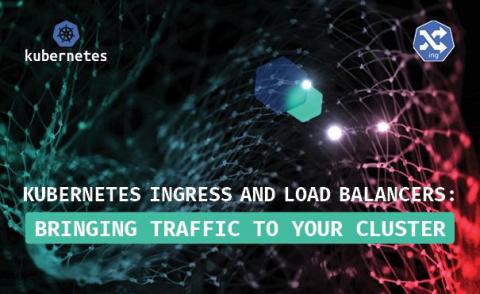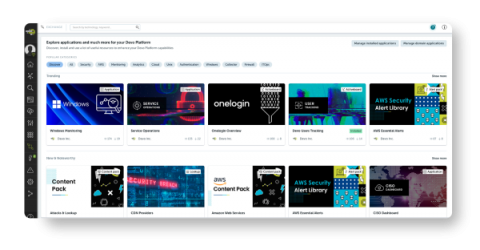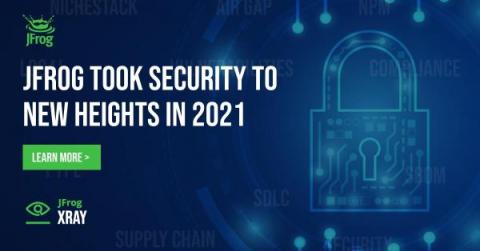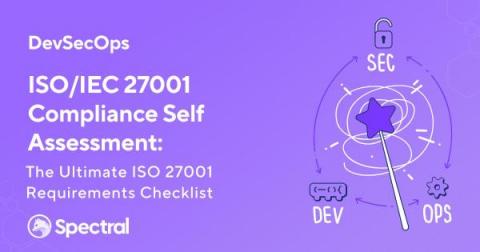Security | Threat Detection | Cyberattacks | DevSecOps | Compliance
Security
Devo Exchange: Accelerating Time to Value for Devo Customers
At Devo, we take pride in providing our customers with innovations that enable them to derive tremendous value from our Platform and applications as they work to keep their organizations secure. That ongoing commitment is embodied in our newest offering — Devo Exchange.
MSPs' New Year's Resolutions 2022
The latest edition of the World Economic Forum's (WEF) Global Risks Report once again highlights cyber threats as one of the greatest risks worldwide: 19.5% of respondents identified cybersecurity failure as a "critical short-term threat" to the world. The report specifically points out that the growing dependence of organizations' physical systems on the digital realm could jeopardize the continuity of many businesses or services.
Code Sight Standard Edition: Application security optimized for the needs of developers
JFrog Took Security to New Heights in 2021
With security now a critical “must have” for DevOps teams, JFrog significantly deepened and extended our platform’s already solid security capabilities in 2021. In this post, we’ll look back at our major advances last year – and look forward at what’s to come in 2022.
Interacting with Gmail mailboxes
Step one of any automation Story is to get information into Tines. This can be done in several ways, including via a Webhook or polling for alerts. But in many cases, the starting point will be through email.
Top 8 Attack Surface Management Solutions for 2022
The flip side of ubiquitous digital transformation and increased reliance on remote work due to the pandemic is that malicious actors get more opportunities to strike. Security perimeters are no longer distinct, and the range of potentially vulnerable enterprise assets is dynamically swelling. As a result, companies big and small are sailing into the perfect storm of cybercrime.
ISO/IEC 27001 Compliance Self-Assessment: The Ultimate ISO 27001 Requirements Checklist
For organizations looking to reassure customers that excellent data governance is one of their guiding principles, and that they’re doing everything in their power to mitigate the risk posed by cybercrime, ISO/IEC27001 certification is one of the best ways to demonstrate that commitment. Nevertheless, it’s a high standard to achieve. According to data supplied by ISO.org, only 28,426 companies worldwide had achieved the certification by 2022.
Top 8 Attack Surface Management Solutions for 2022
The flip side of ubiquitous digital transformation and increased reliance on remote work due to the pandemic is that malicious actors get more opportunities to strike. Security perimeters are no longer distinct, and the range of potentially vulnerable enterprise assets is dynamically swelling. As a result, companies big and small are sailing into the perfect storm of cybercrime.
ISO/IEC 27001 Compliance Self-Assessment: The Ultimate ISO 27001 Requirements Checklist
For organizations looking to reassure customers that excellent data governance is one of their guiding principles, and that they’re doing everything in their power to mitigate the risk posed by cybercrime, ISO/IEC27001 certification is one of the best ways to demonstrate that commitment. Nevertheless, it’s a high standard to achieve. According to data supplied by ISO.org, only 28,426 companies worldwide had achieved the certification by 2022.









